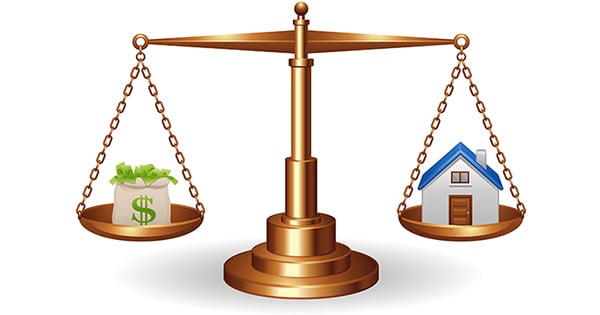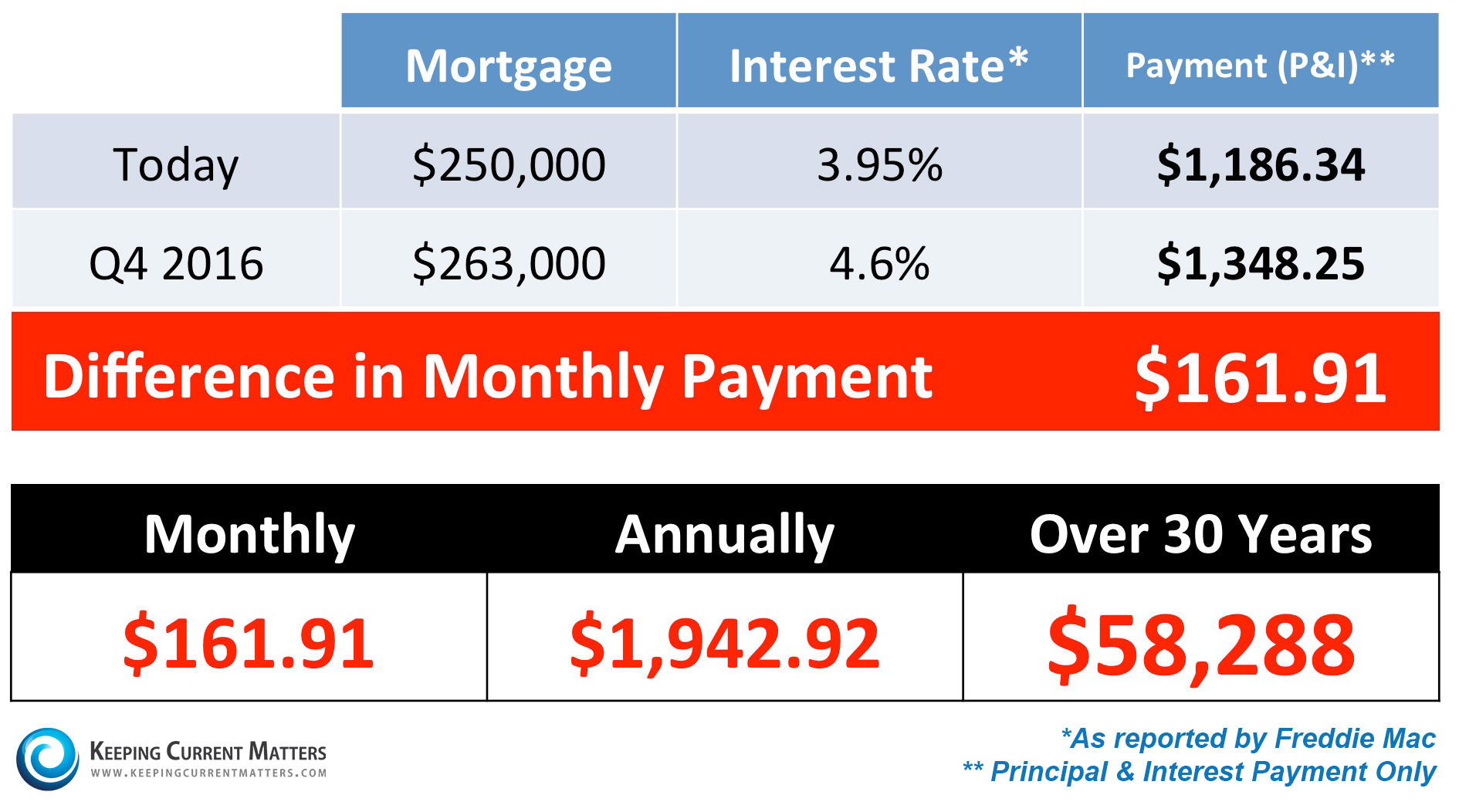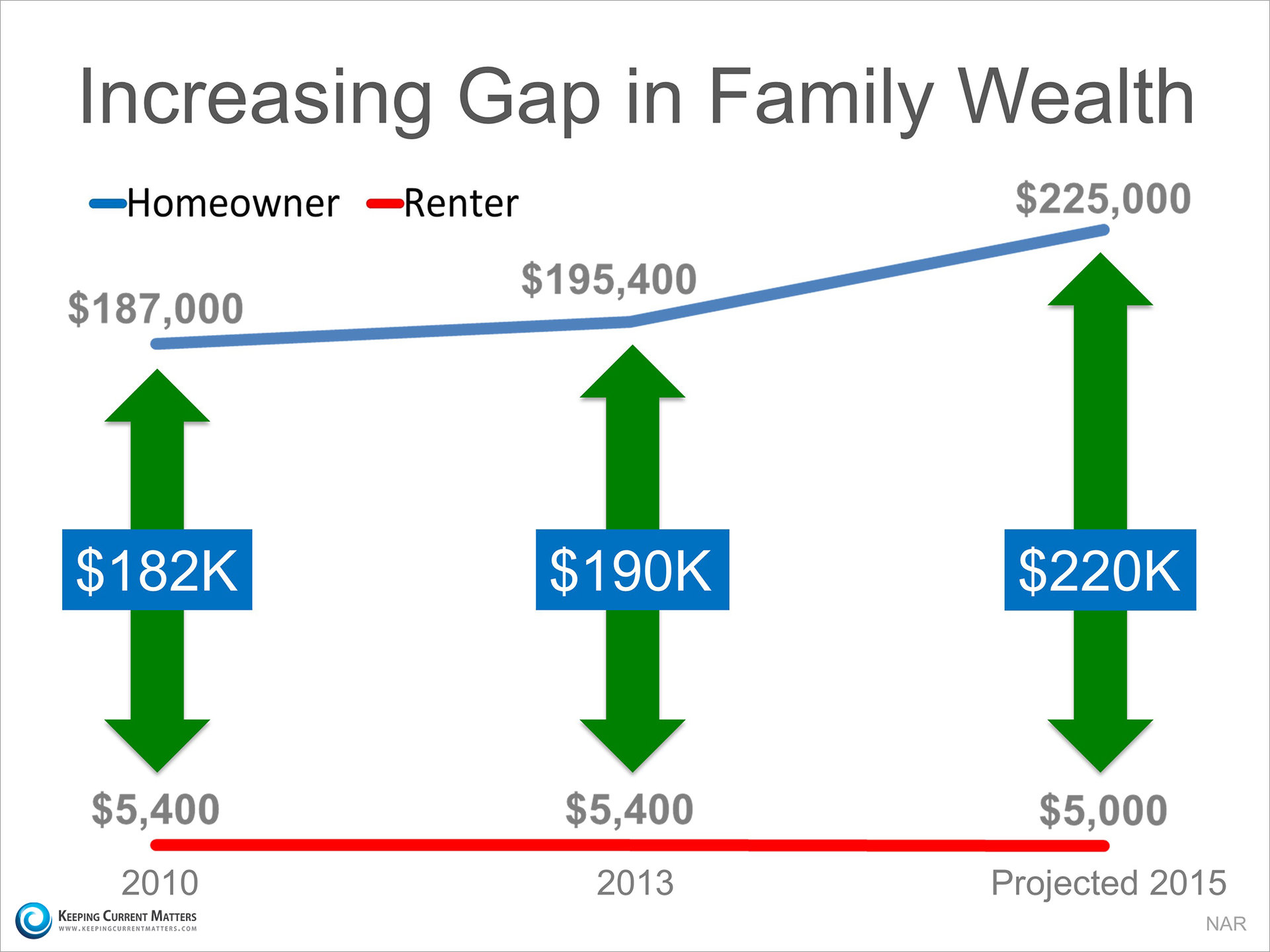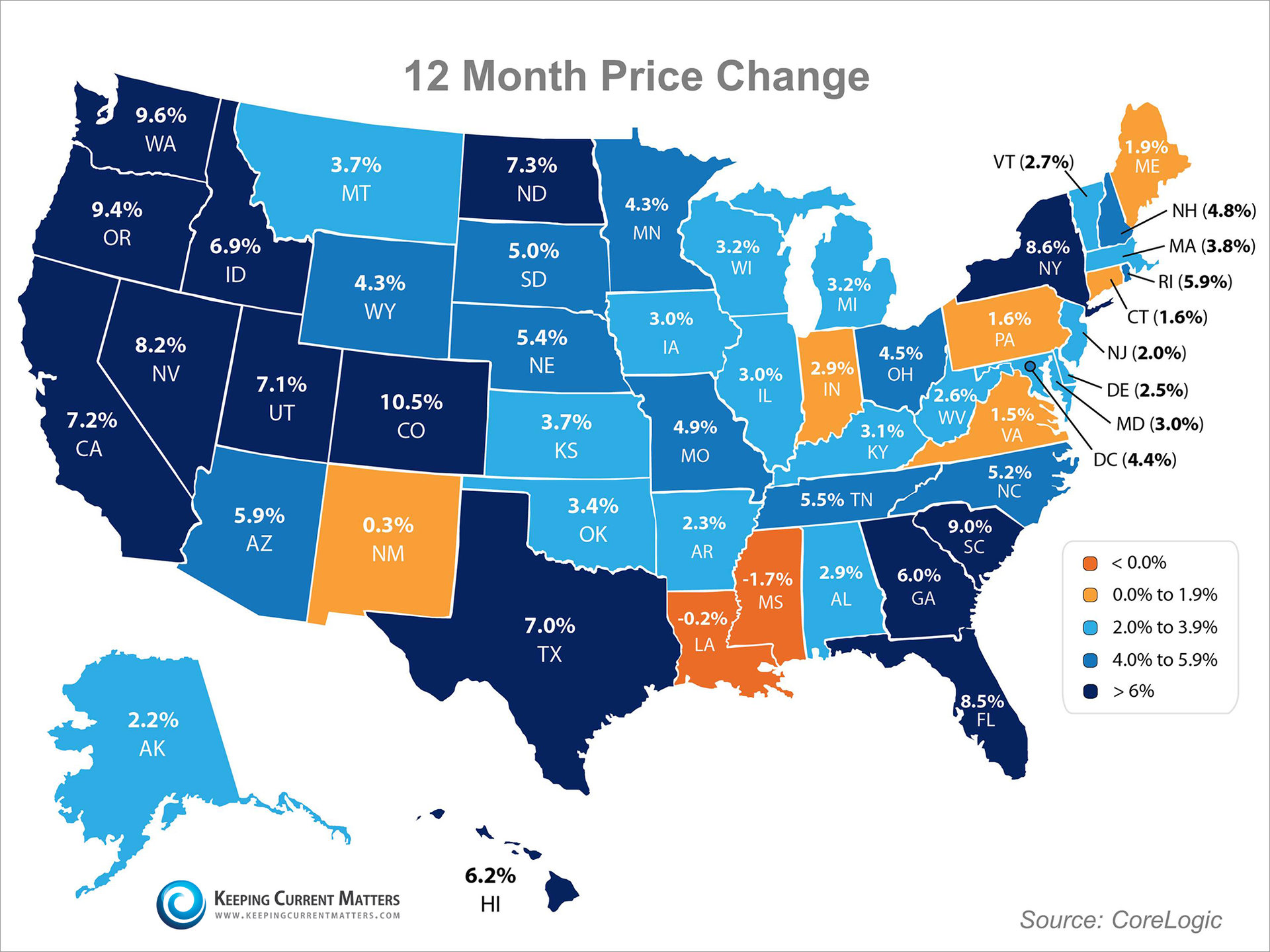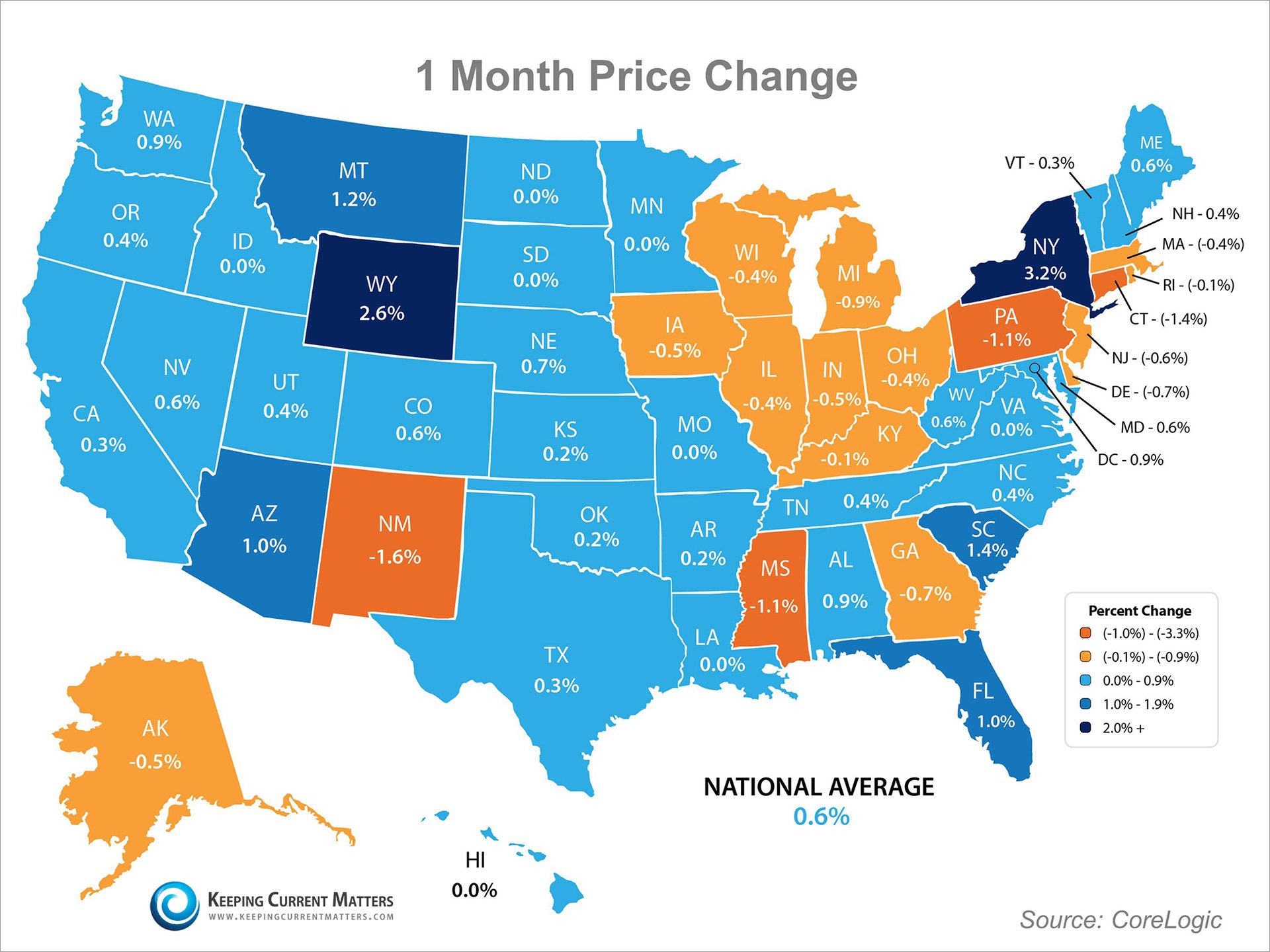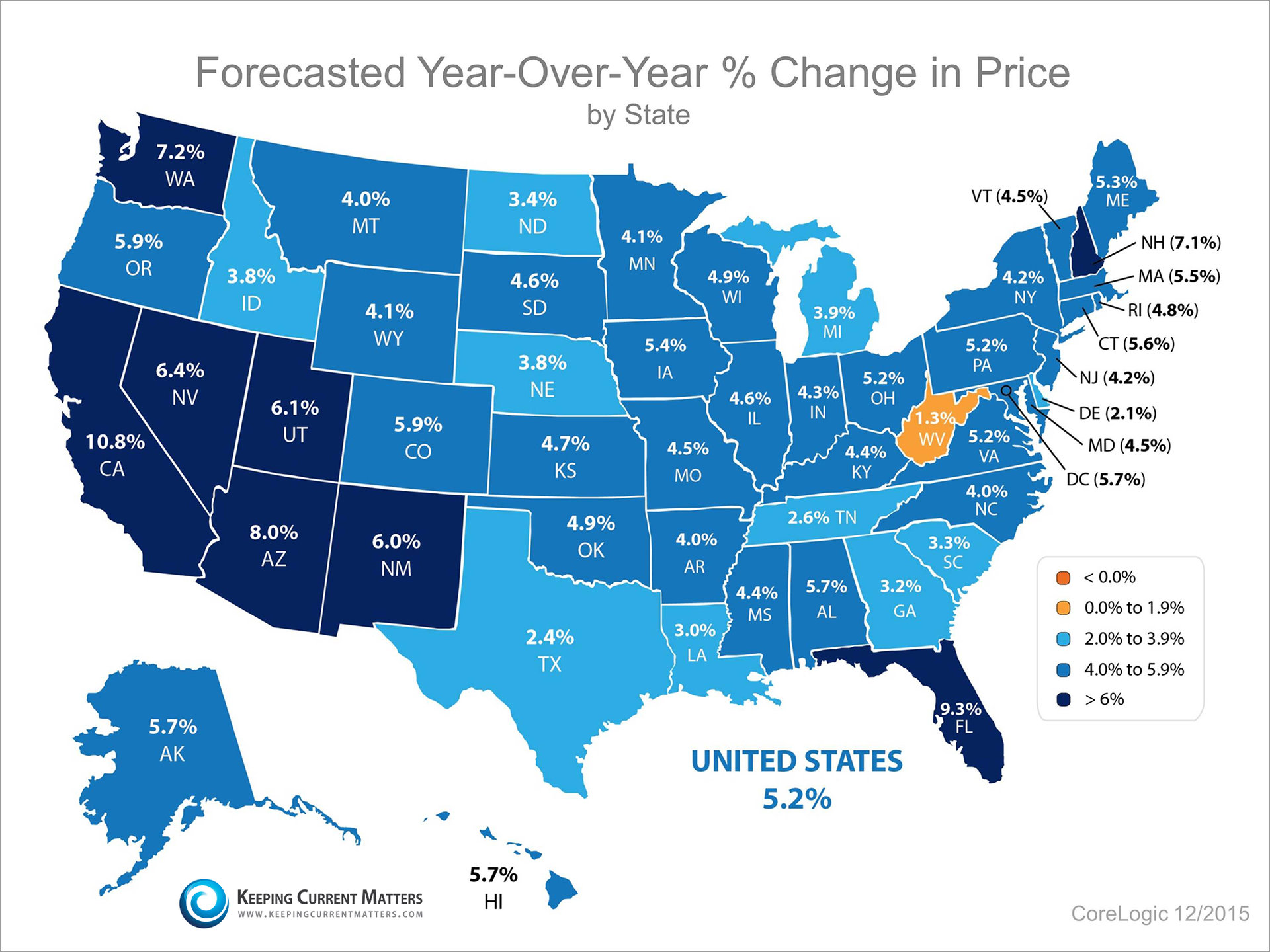
We all realize that the best time to sell anything is when demand is high and the supply of that item is limited. The last two major reports issued by the National Association of Realtors (NAR) revealed information that suggests that now is a great time to sell your house.
THE PENDING HOME SALES REPORT
The report announced that pending home sales (homes going into contract) are up 3.9% over last year, and have increased year-over-year now for 14 consecutive months.
Lawrence Yun, NAR’s Chief Economist, expects demand to remain stable through the final two months of the year, and “forecasts existing-home sales to finish 2015 at a pace of 5.30 million – the highest since 2006.”
Takeaway: Demand for housing will continue throughout the end of 2015 and into 2016. The seasonal slowdown often felt in the winter months hasn’t started and shows little signs of being near.
THE EXISTING HOME SALES REPORT
The most important data point revealed in the report was not sales but instead the inventory of homes on the market (supply). The report explained:
- Total housing inventory decreased 2.3% to 2.14 million homes available for sale
- That represents a 4.8-month supply at the current sales pace
- Unsold inventory is 4.5% lower than a year ago
There were two more interesting comments made by Yun in the report:
1. "New and existing-home supply has struggled to improve, leading to few choices for buyers and no easement of the ongoing affordability concerns still prevalent in some markets."
In real estate, there is a guideline that often applies. When there is less than 6 months inventory available, we are in a sellers’ market and we will see appreciation. Between 6-7 months is a neutral market where prices will increase at the rate of inflation. More than 7 months inventory means we are in a buyers’ market and should expect depreciation in home values. As Yun notes, we are currently in a sellers’ market (prices still increasing).
2. "Unless sizeable supply gains occur for new and existing homes, prices and rents will continue to exceed wages into next year and hamstring a large pool of potential buyers trying to buy a home.” As rents and prices increase, potential buyers will not able to save as much for a down payment and many may become priced out of the market.
Takeaway: Inventory of homes for sale is still well below the 6 months needed for a normal market. Prices will continue to rise if a ‘sizeable’ supply does not enter the market. Take advantage of the ready willing and able buyers that are still out looking for your house.
Bottom Line
If you are going to sell, now may be the time.
